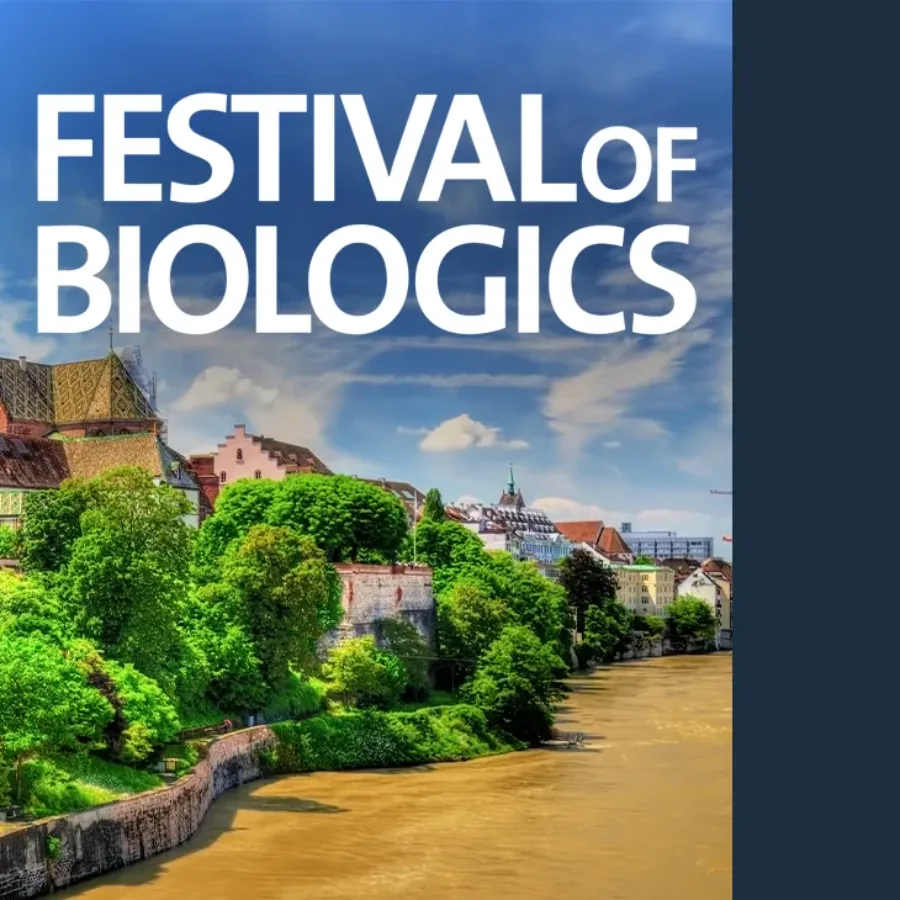 September 30
- October 2
September 30
- October 2
Join KCAS Bio at the 2025 Festival of Biologics, taking place from September 30 to October 2 in Basel, Switzerland. This festival, hosted by Terrapinn, brings together global stakeholders across pharma, biotech, academia, regulation, and investment to explore the discovery, development, manufacturing and commercialization of biologic therapies. During presentations, panels,…
 Blogs
Blogs
Dose Formulation Analysis is an essential step in regulated nonclinical studies. Robust analytical methods, rapid turnaround, and efficient communication helps ensure the dose form results for your GLP studies are delivered on time. At KCAS Bio, our scientific expertise allows us to develop methods that achieve…
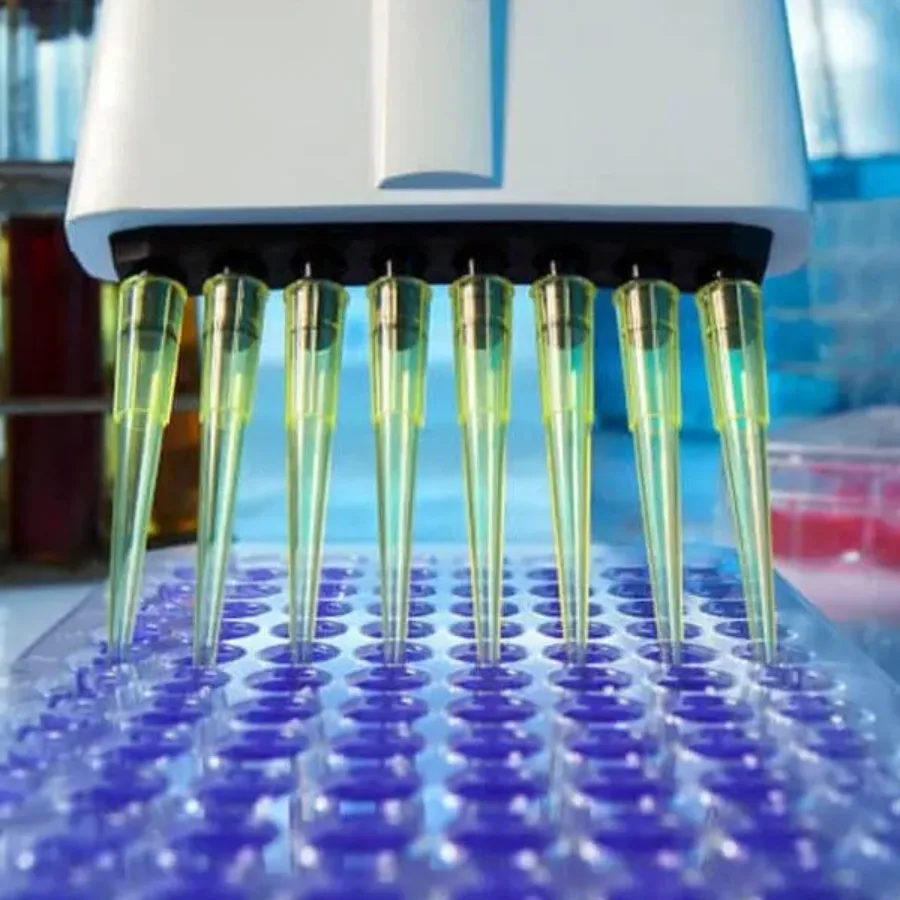 Blogs
Blogs
A biomarker is a defined characteristic that is measured as an indicator of normal biological processes, pathogenic processes, or biological responses to an exposure or intervention, including therapeutic interventions(1). With the development of innovative and personalized therapies, biomarker tracking is increasingly important to support the clinical development…
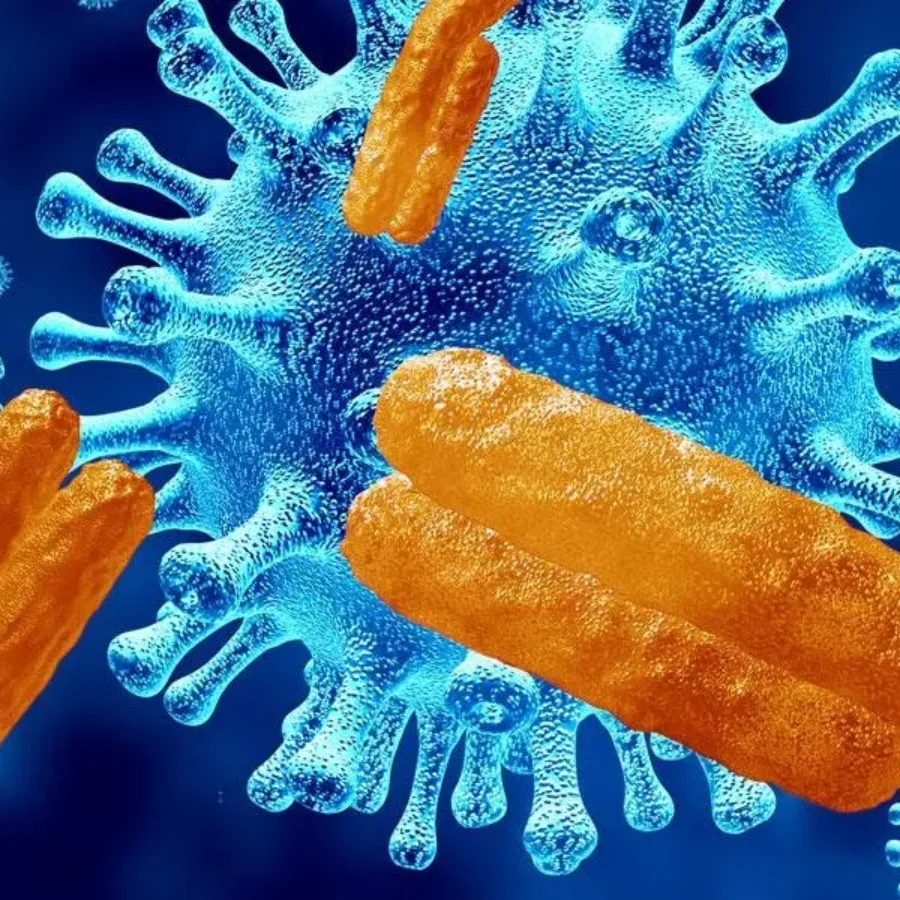 Blogs
Blogs
Biologics are drugs derived from complex molecules like antibodies. Over the last two decades they have re-emerged as…
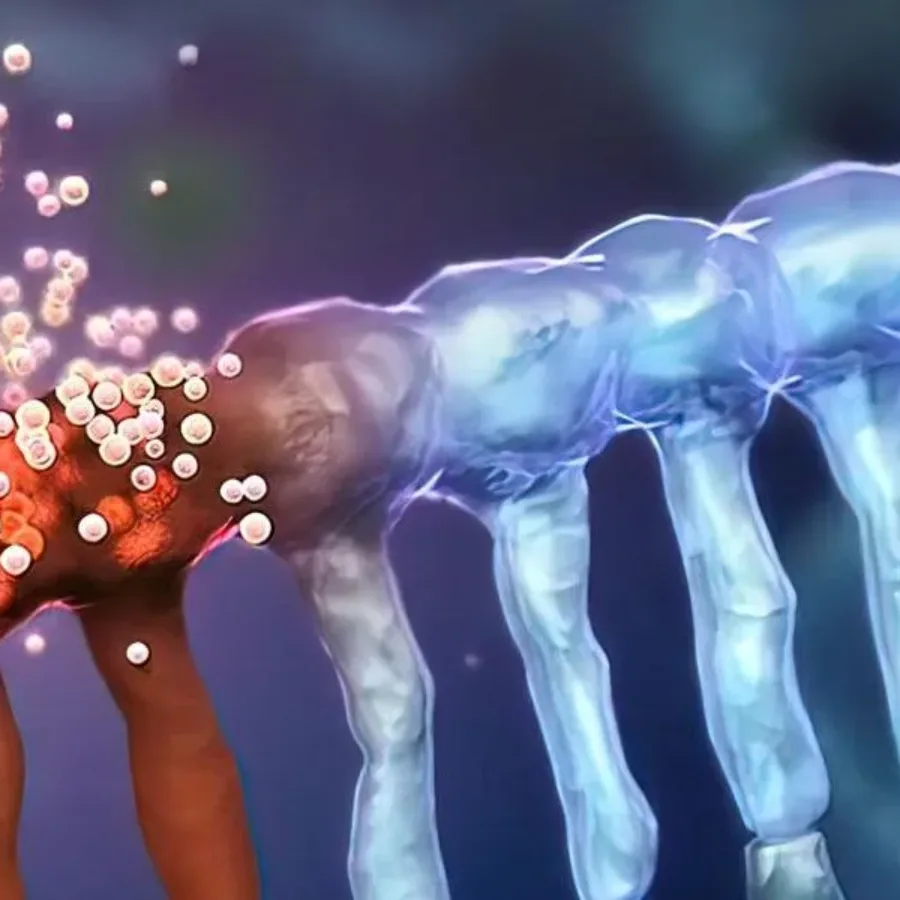 Blogs
Blogs
Being that it is a relatively “niche” segment of the industry, there are several key areas that need to be considered in the field of molecular services related to cell and gene therapies. First and foremost, it is important to recognize that regulatory guidelines within this field are…
 Blogs
Blogs
Dose Formulation Analysis is an essential step in regulated nonclinical studies. Robust analytical methods, rapid turnaround, and efficient communication helps deliver your GLP studies’ dose formulation analysis results on time…
 webinars
webinars
Originally produced by Xtalks on Friday, April 22, 2022 | 12pm EDT (NA) / 5pm BST (UK) / 6pm CEST (EU-Central) 60 min Webinar Description: Due to the relative maturity of the technology, most people’s instinct when thinking about bioanalysis of large molecules is towards ligand binding assays.
 Blogs
Blogs
Due to the relative maturity of the technology, most people’s instinct when thinking about bioanalysis of large molecules is towards ligand binding assays. However, we urge people to be open to a more flexible approach. Using hybrid LC-MS/MS can be an equally useful tool for quantitation of biological therapeutics and…
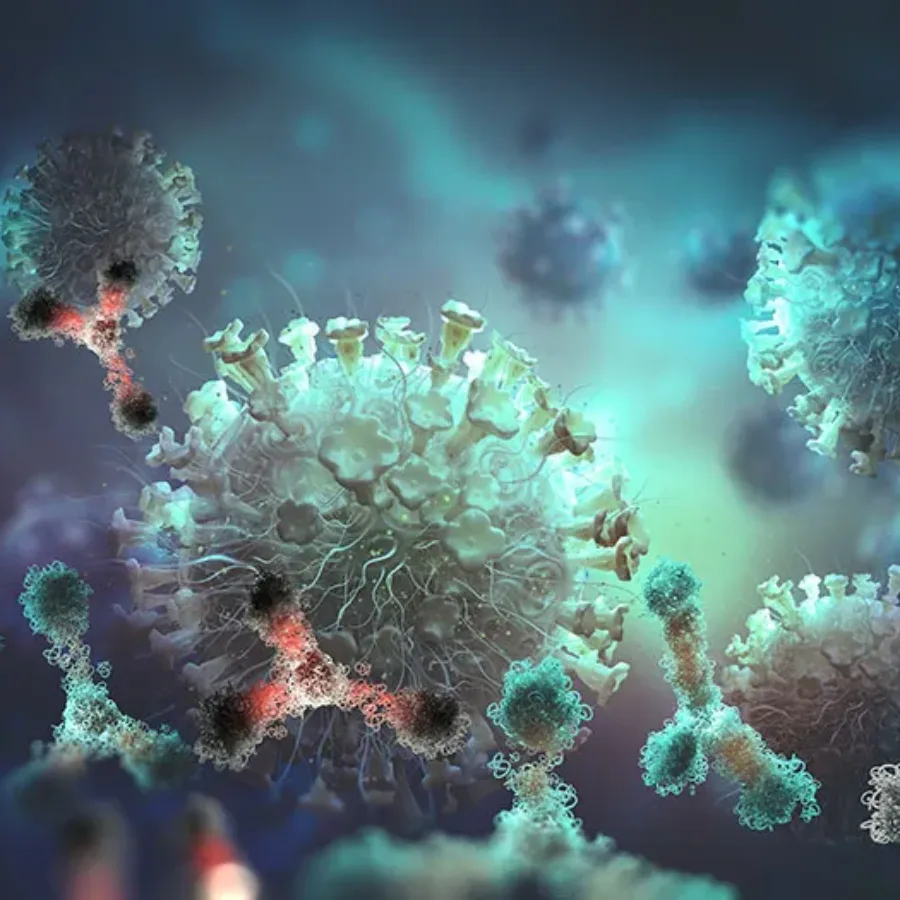 Blogs
Blogs
Immunotherapy research is a rapidly expanding field with a pipeline of monoclonal antibodies in development to treat a range of cancers and autoimmune diseases. The mechanism of action (MOA) used by an antibody to mediate a therapeutic response must be fully defined to enable a candidate antibody to advance down the preclinical development pipeline. It is also required for all antibodies used in clinical research and regulatory IND filings in order to optimize dosing and assess the risk of detrimental side effects.
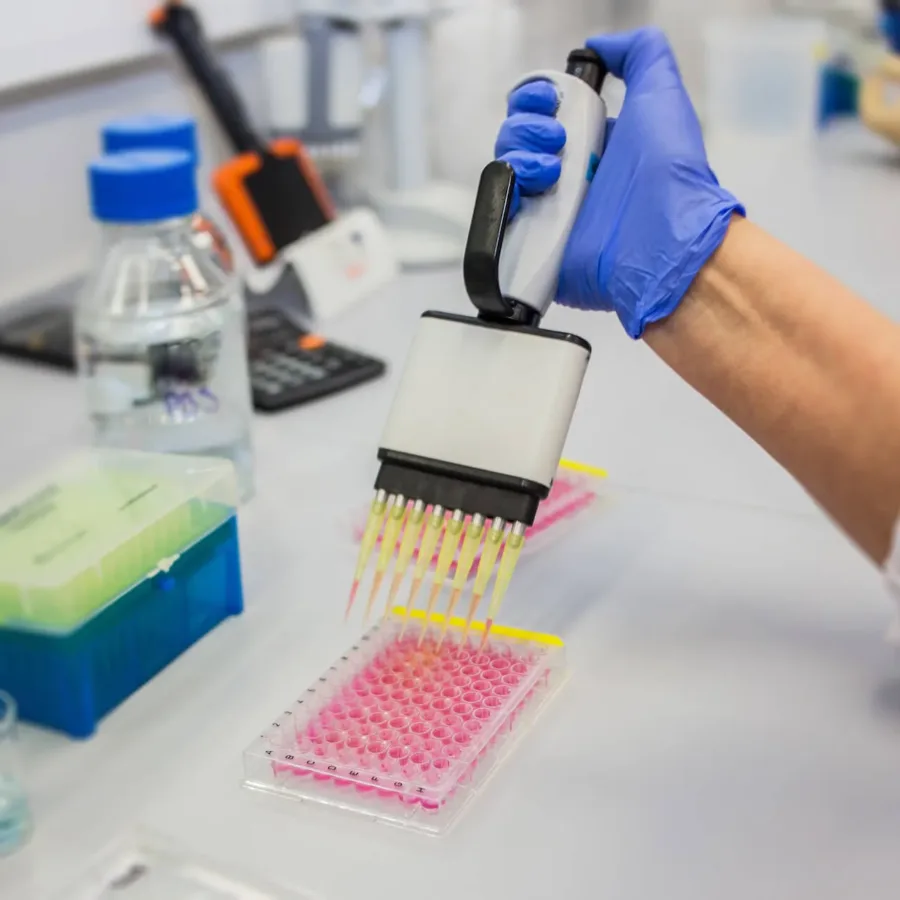 Blogs
Blogs
Introduction of CAR-T Therapy T lymphocytes are engineered with synthetic receptors known as chimeric antigen receptors (CAR) in CAR-T Cell therapy. The CAR-T cell is an effector T cell that recognizes and eliminates specific cancer cells, independent of major histocompatibility complex molecules. (Zhai et al. 2018). Chimeric antigen receptors (CARs) cells have recombinant receptor constructs expressed in T cells to target cells expressing specific antigens.
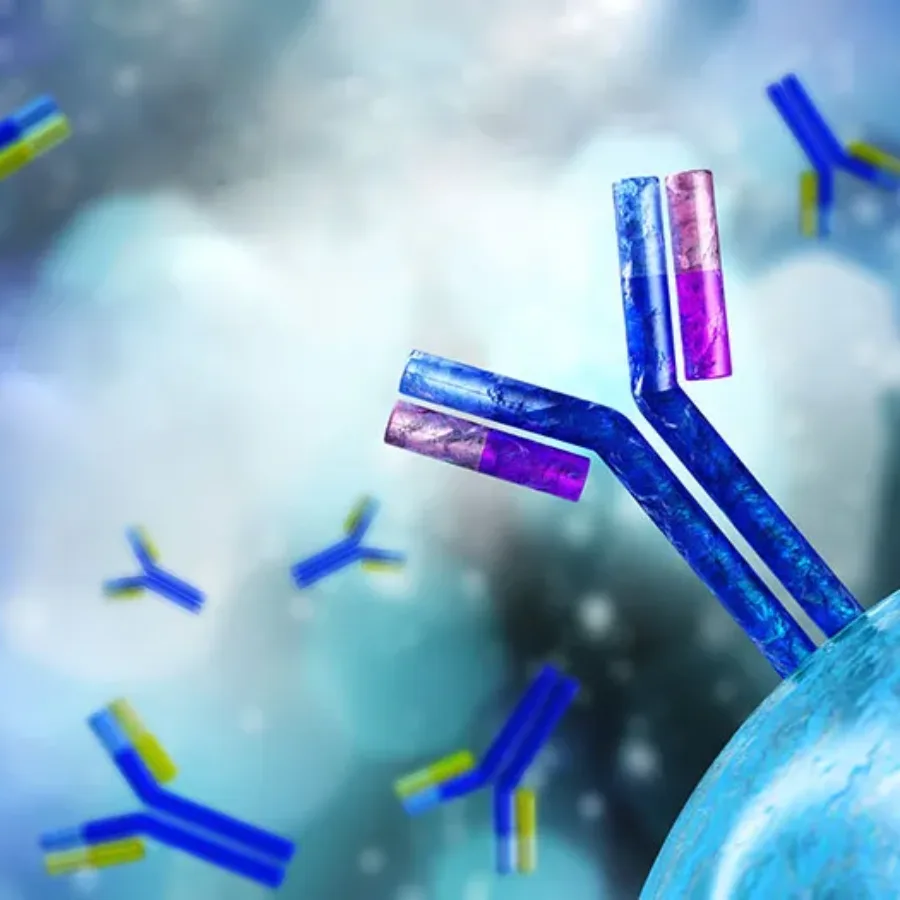 Blogs
Blogs
Flow Cytometry utilizes fluorescently labeled antibodies to detect specific biomarkers on the surface and within cells, and over the past few years, there has been a surge in reagents available for flow cytometry applications. Most of these have been developed using monoclonal antibodies raised in mice and conjugated to a range of fluorophores. However, there are still instances where suitable monoclonal antibody reagents/conjugates are not commercially available, and small-scale conjugations are not practical. In these instances, so-called indirect staining may be employed, where the binding of an unconjugated primary antibody is detected using a secondary anti-IgG antibody conjugate.
 Blogs
Blogs
There has been an increasing focus on large molecule therapeutics and pharmaceutical companies have increasingly aligned their development pipelines in that direction. This has resulted in more biological therapeutics coming to market. Last year,…